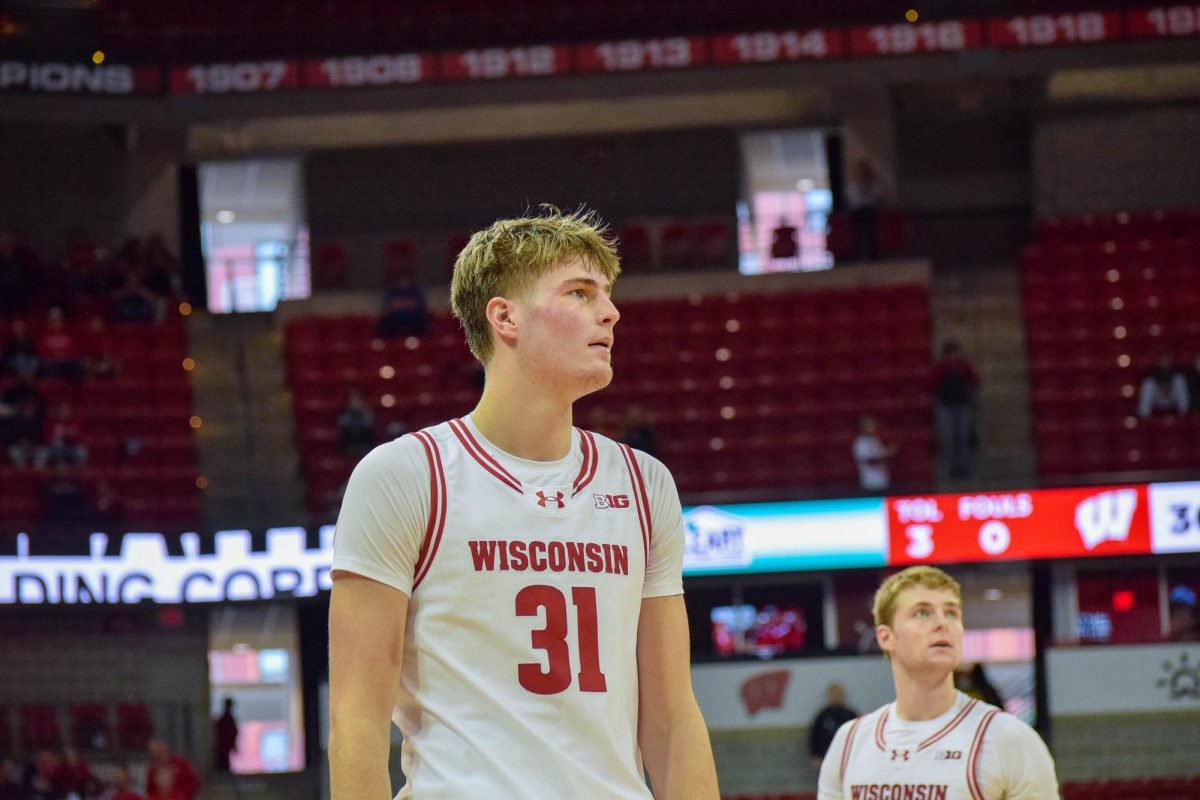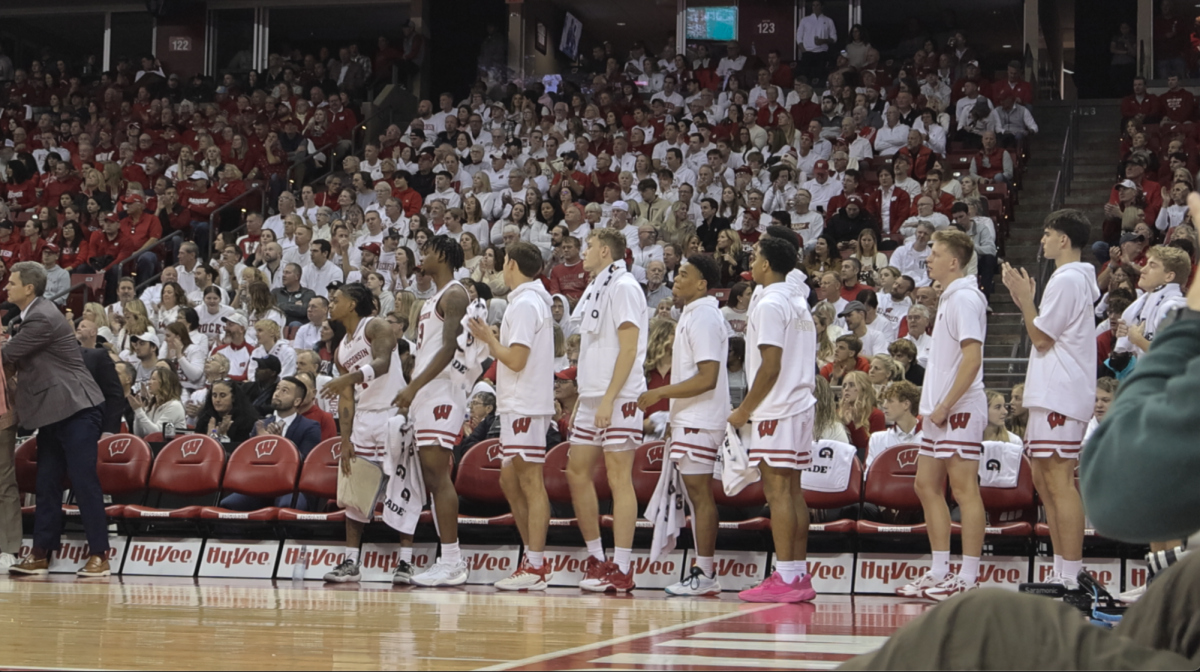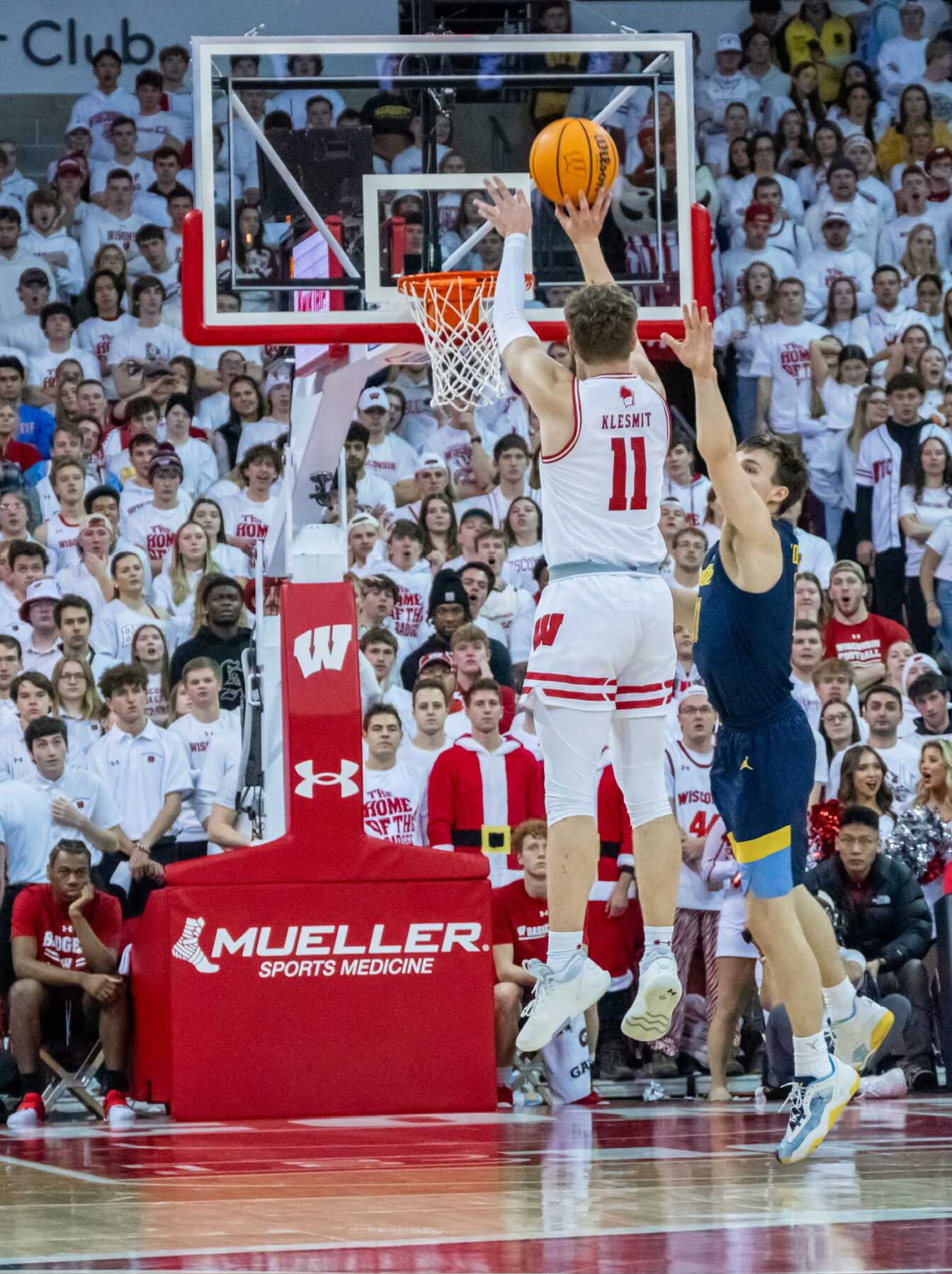Zetlin:
For years, debates have surrounded the true meaning of the MVP award in all sports. Should it be given to the best player statistically? Should numbers be thrown out the window entirely? Should it belong to the best player on the best team? Is a player deserving of the honor even if his team fails to make the playoffs?
Of course Albert Pujols’ new hardware raised similar questions Monday, since his Cardinals failed to make the postseason last month.
See, the term “valuable” is far too vague. It truly is impossible to measure one’s “value” to his team, seeing that most of the candidates’ teams would be far worse without them. In basketball, the Lakers would be nothing without Kobe, the Cavs would be a joke without LeBron, and the Hornets would be helpless without Chris Paul, making each of them equally “valuable” to his team.
But baseball is a much more individualized sport. It’s much more difficult for Pujols to make his teammates better than it is for Paul or Peyton Manning to do so. That said, the baseball MVP awards should be given to the player who has the best all-around individual season, regardless of his team’s standings (Notice I left out statistics because I think defense, clutch performances and leadership matter, too).
Alex Rodriguez won the AL MVP on a last-place Rangers team in 2003, and deservedly so. Why should he be punished because John Hart didn’t realize that in order to win baseball games, you need pitching to complement good hitting? He shouldn’t.
Pujols had the better season than Ryan Howard with less talent around him; therefore, he deserves to be MVP.
So stop whining, Phillies fans; you got your World Series. Playoff-less Pujols is plenty worthy.
Mason:
So you don’t think a player’s team needs to make the postseason for him to garner a postseason award, huh Zet?
Do you really think your homeboy Dustin Pedroia would have claimed this year’s MVP if he put on the same numbers on the lowly Baltimore Orioles, who finished 68-93?
I don’t think so.
Obviously, a good player on a good team is going to get more recognition than a good player on a mediocre or bad one. And for Pedroia, it helps that he plays in Boston, the city ESPN has a strange obsession with — even more publicity for the 5-foot-9-inch second baseman.
Pedroia beat out my boy Justin Morneau — a former MVP himself — by a decent margin. When you compare their stats, however, it probably should have been closer than it was: 23 home runs and 129 runs batted in for Morneau compared to 17 and 83 for Pedroia. But the little guy had the big Canadian beat in hits (213 to 187) and average (.326 to .300).
Oh, and he came on top in one more category: playoff appearances — 1-0. Morneau and the Twins just barely missed out on the postseason, while Pedroia and the Sox comfortably won the AL Wild Card.
When you’re looking at two guys with pretty comparable stats, it’s tough to cast your vote for the one player who’s sitting at home, watching the other one play in the playoffs.
True, Albert Pujols had a monster year: 37 homers, 116 RBIs and, most impressively, a .357 average. But if he was truly the most valuable player, shouldn’t the Cards have been playing in October?
Albert was very good, but the Cardinals weren’t quite good enough. Sorry Al, you’re not that valuable.

















